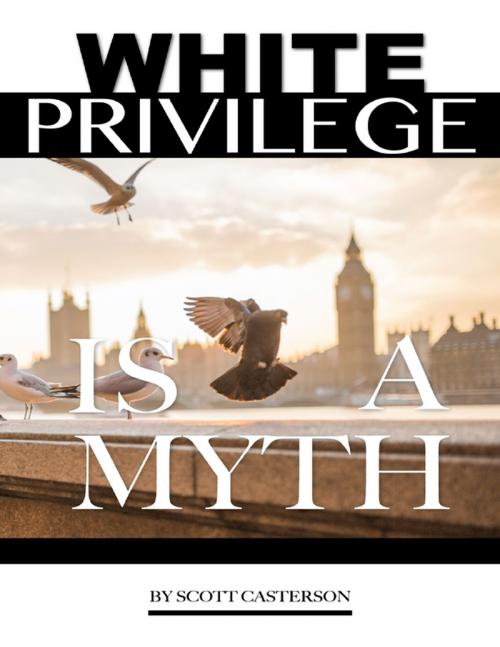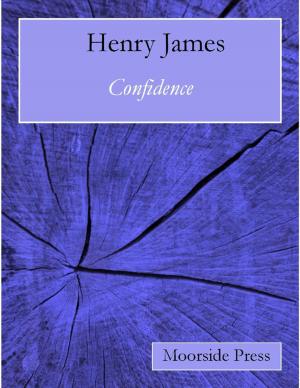| Author: | Scott Casterson | ISBN: | 9781329947610 |
| Publisher: | Lulu.com | Publication: | March 3, 2016 |
| Imprint: | Lulu.com | Language: | English |
| Author: | Scott Casterson |
| ISBN: | 9781329947610 |
| Publisher: | Lulu.com |
| Publication: | March 3, 2016 |
| Imprint: | Lulu.com |
| Language: | English |
Varying views abound as to the colour of privilege versus the privilege of colour. The well-known historical happenings of Apartheid in South Africa and the legendary Nelson Mandela’s response in his autobiography “Walk to freedom” gives multiple accounts as what colour and race can be allowed to cause. This conversation is also enhance by Frantz Fanon in his book Black Skin, White Mask, which has unravelled varying perspectives on this issue. Fanon has juxtaposed themes of colonization and the will to choose, intermingled with the need for a strong clear, cultural identity. It is no surprise then that New York Times writer, speaking of Fanon’s stance postulates that the publication is:
Varying views abound as to the colour of privilege versus the privilege of colour. The well-known historical happenings of Apartheid in South Africa and the legendary Nelson Mandela’s response in his autobiography “Walk to freedom” gives multiple accounts as what colour and race can be allowed to cause. This conversation is also enhance by Frantz Fanon in his book Black Skin, White Mask, which has unravelled varying perspectives on this issue. Fanon has juxtaposed themes of colonization and the will to choose, intermingled with the need for a strong clear, cultural identity. It is no surprise then that New York Times writer, speaking of Fanon’s stance postulates that the publication is:















